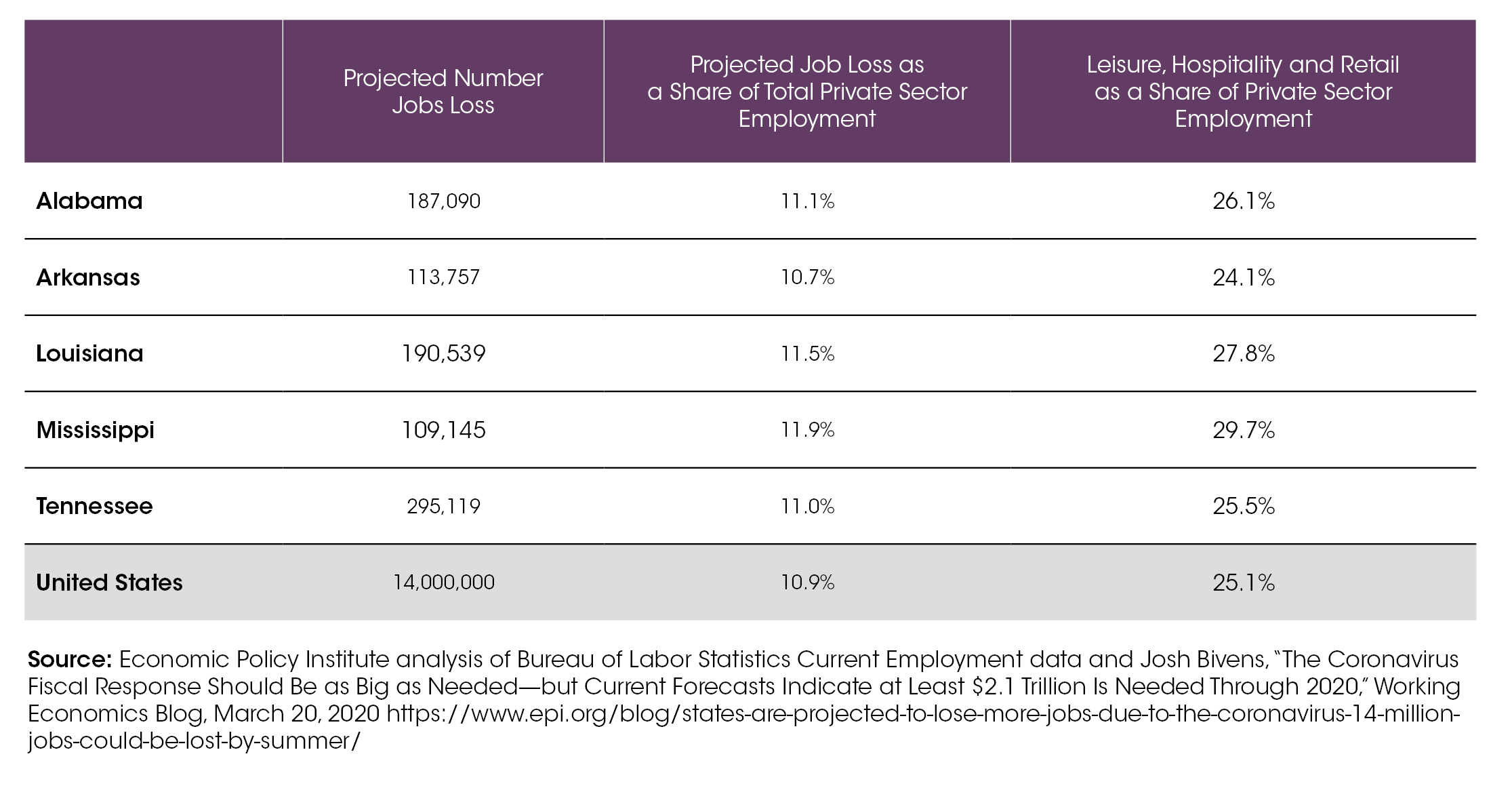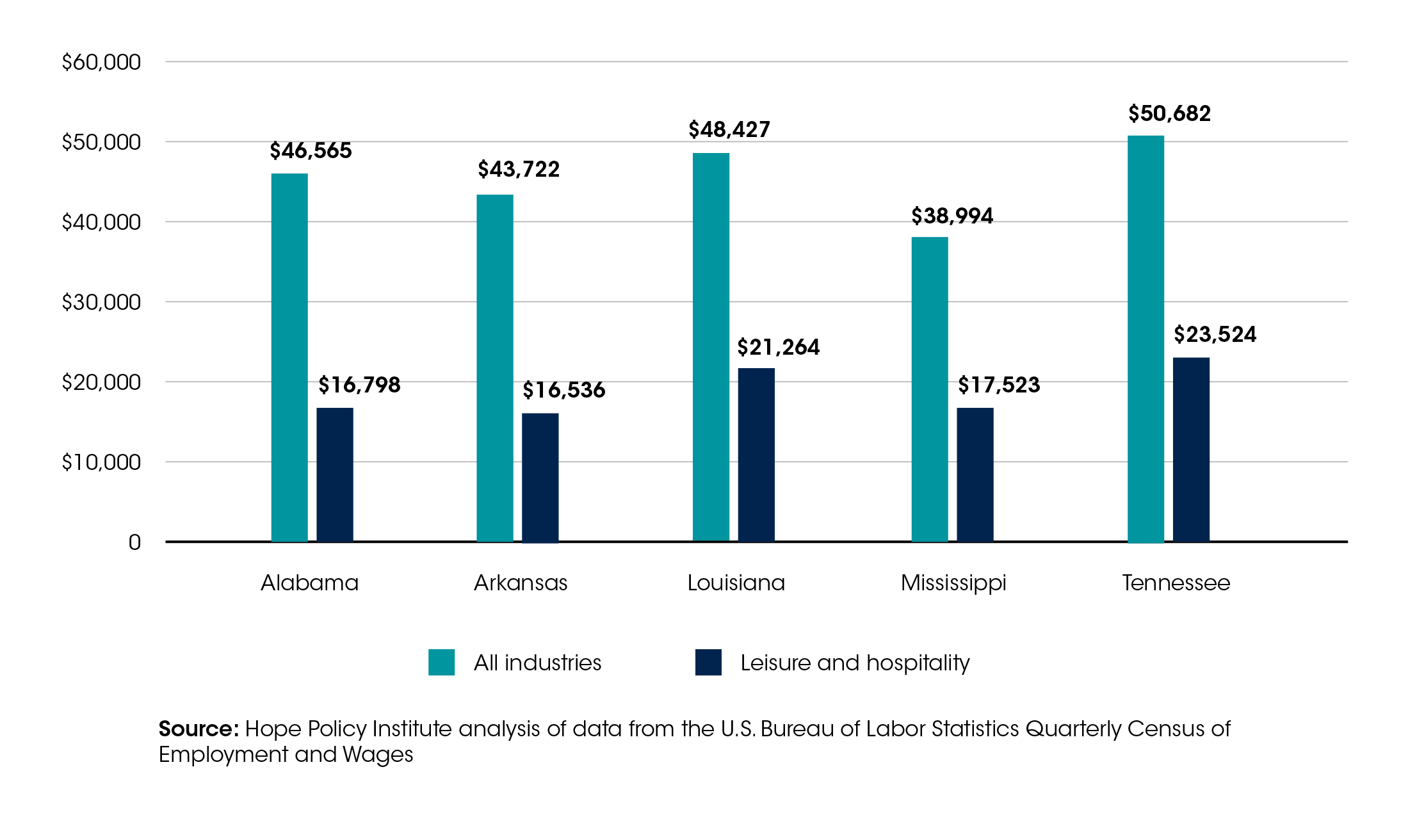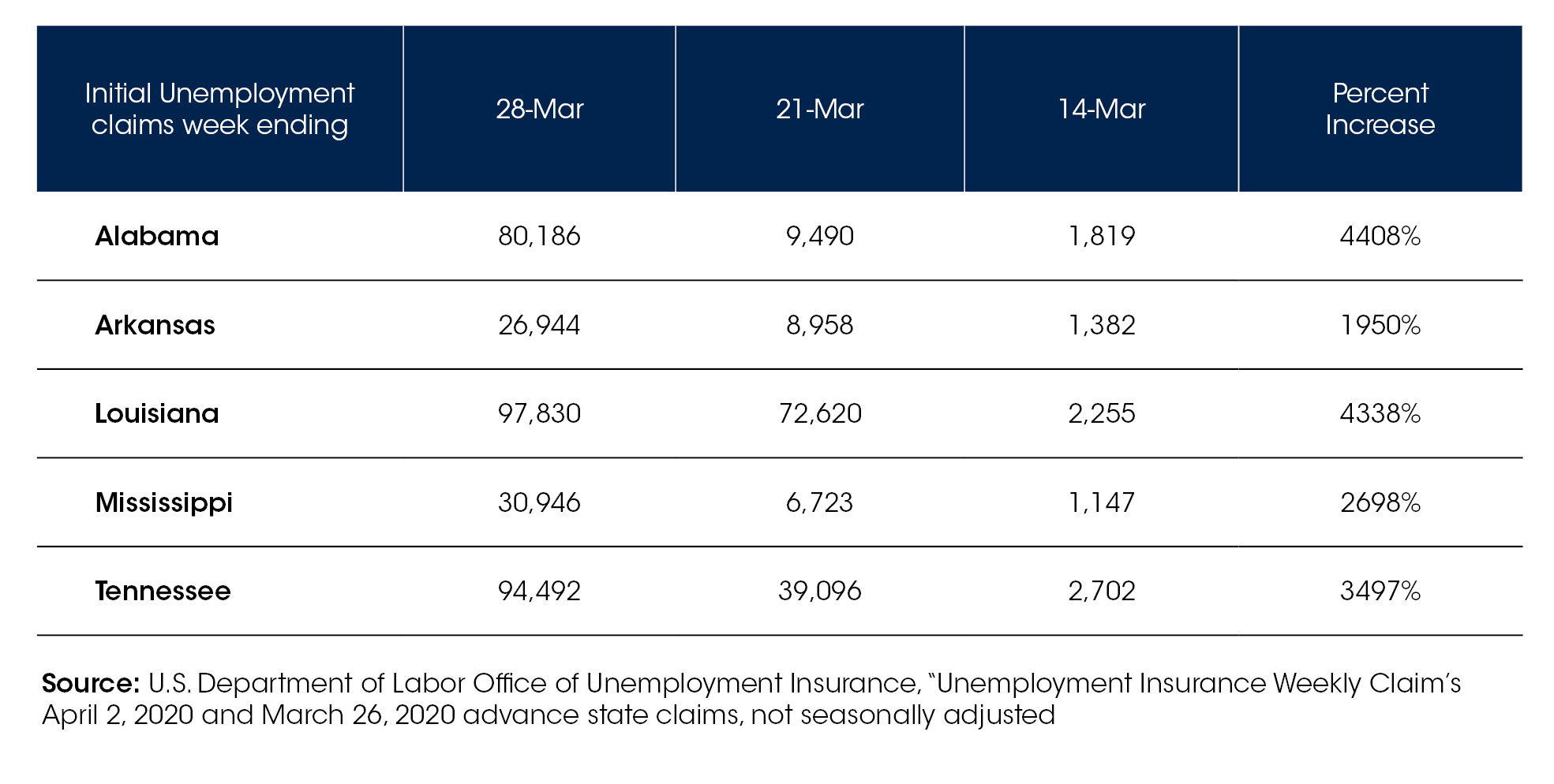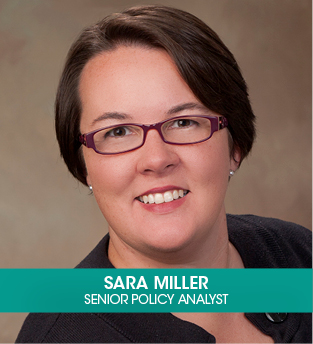Sobering estimates of job losses from Covid-19 in the Deep South point to the critical need for targeted economic relief
April 6th, 2020
New estimates from the Economic Policy Institute show estimated job losses in the Deep South upwards of 895,000, or 11.2% of private sector employment (compared with 10.9% nationally). The majority of these losses are projected to be in the leisure, hospitality, and retail industries, industries with large numbers of low-wage workers. Workers in the leisure, hospitality and retail industries make up a larger share of workers in the South making up 26.6% of private sector employment in the Deep South compared with 25.1% nationally.
Projected Job Losses in the Deep South by Summer 2020 as a Result of Covid-19
These data are even more troubling considering the industries with the workers projected to be hit the hardest right now are those with a greater proportion of low-wage workers. For instance, workers in the leisure and hospitality industry, including restaurant workers, earn on average less than half of the average annual pay for all industries in the Deep South. This is compounded by the fact that, as a whole, average annual pay in the Deep South for all industries lags behind the national average. The difference in average annual pay for Deep South states compared with the national average for private sector employees ranges from -$18,204 in Mississippi to $-6,516 in Tennessee[1].
Average Annual Pay by Industry for Private Sector Employees in 2018
The projected job losses are already becoming a reality for many Deep South families. Unemployment claims have risen dramatically in the last week in the Deep South with claims rising by 321,093 in two weeks, more than a 3551% increase. The largest increase was in Louisiana with 95,575 more claims than the week prior.
Rising Unemployment Claims in the Deep South as of March 28
In addition to the disturbing job losses projected due to the economic effects of Covid-19, other workers may be affected by cuts in hours and earnings or have their jobs threatened due to a lack of access to paid sick leave. As discussed in our blog about state responses to the Covid-19 crisis, no southern states have policies that require private employers to provide paid sick leave. According to data analysis from the Pew Research Center, among the lowest wage earners, those making $10.80 an hour or less, only 31% have paid sick leave, compared with 92% of the highest wage earners[2]. For the leisure and hospitality industry as a whole, only 48% of workers have access to paid sick leave[3]. As shown above, Deep South states have a greater percentage of both low-wage workers and workers in the leisure and hospitality industry.
Finally, The Deep South leads the nation in the percentage of households that do not have enough cash to subsist at the poverty level for three months. In Louisiana, Arkansas, and Mississippi, it’s more than 50% of households.[i] They have no financial buffer to protect against an economic crisis. The racial disparities stemming from a history of discriminatory policymaking are stark. In each of the five states of Louisiana, Arkansas, Mississippi, Alabama, and Tennessee more than 65% of Black households are liquid asset poor, where the highest rate for white households in these states is 42%.[ii] For Latino communities in Mississippi and Louisiana, the rate is more than 70% of households.[iii] The situation is now even more dire as more than 895,000 people across five Deep South states are projected to lose their jobs by the summer.[iv] Both immediate economic relief and protections like student loan forgiveness, rate caps on predatory lending, and emergency assistance for small businesses, as well as, longer-term structural changes that support families in building assets will be necessary for weathering this crisis and for ongoing economic recovery.
[1] Hope Policy Institute analysis of data from the U.S. Bureau of Labor Statistics Quarterly Census of Employment and Wages, https://www.bls.gov/cew/ [2] Pew Research Center, “As Coronavirus spreads, which U.S. workers have paid sick leave—and which don’t?”, March 12, 2020 https://www.pewresearch.org/fact-tank/2020/03/12/as-coronavirus-spreads-which-u-s-workers-have-paid-sick-leave-and-which-dont/ [3] Kaiser Family Foundation, “Paid Sick Leave Much Less Common for Lower-wage Workers in Private Industry,” March 10, 2020 https://www.kff.org/other/issue-brief/paid-sick-leave-is-much-less-common-for-lower-wage-workers-in-private-industry/ [i] Prosperity Now. (2020). Prosperity Now Scorecard. Retrieved from https://scorecard.prosperitynow.org/data-by-issue#finance/outcome/liquid-asset-poverty-rate [ii] Id. [iii] Id. [iv] Economic Policy Institute analysis of Bureau of Labor Statistics Current Employment data and Josh Bivens, “The Coronavirus Fiscal Response Should Be as Big as Needed—but Current Forecasts Indicate at Least $2.1 Trillion Is Needed Through 2020,” Working Economics Blog, March 20, 2020 https://www.epi.org/blog/states-are-projected-to-lose-more-jobs-due-to-the-coronavirus-14-million-jobs-could-be-lost-by-summer/









